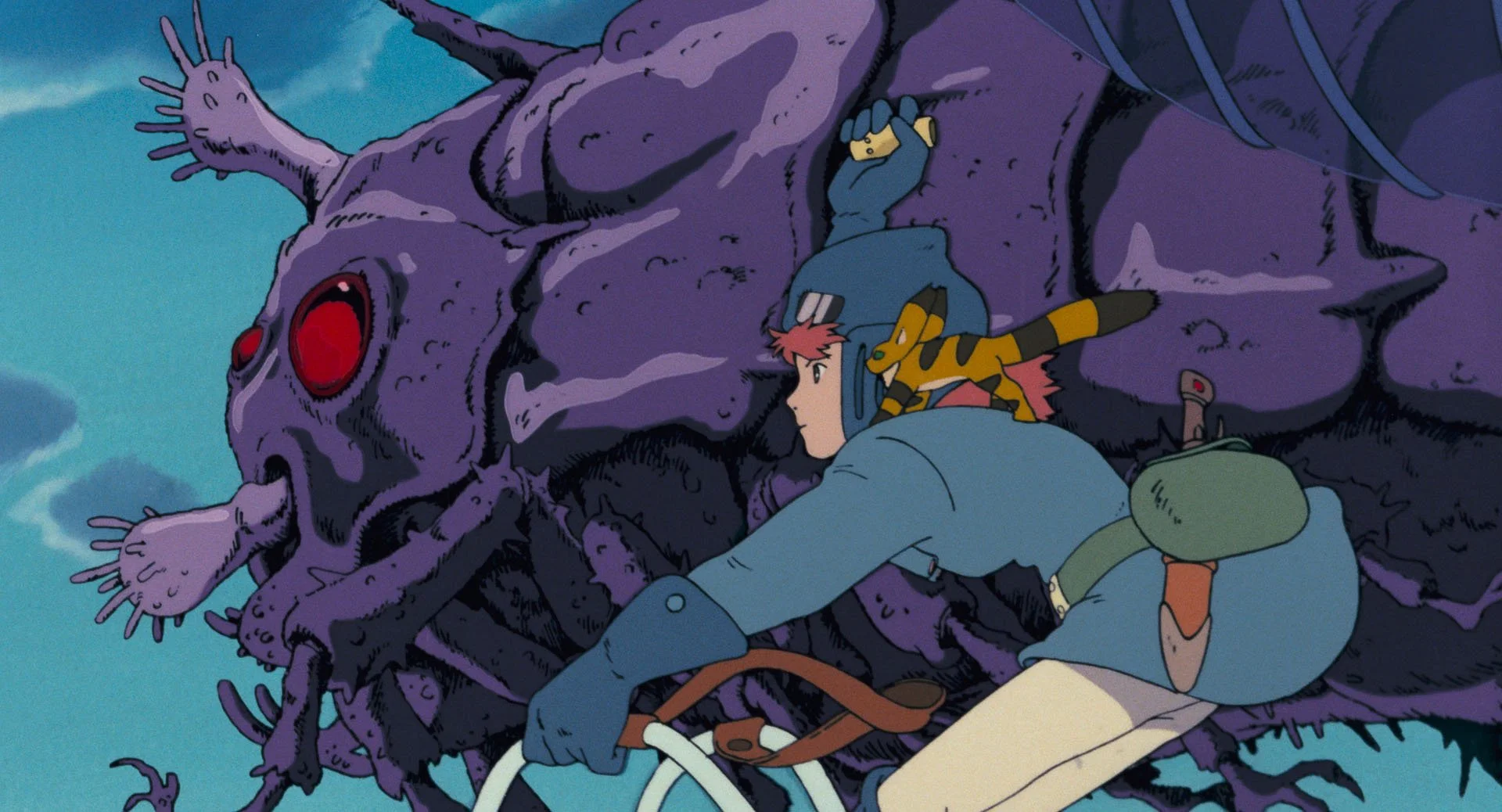I am rereading my favorite sci-fi novel by Isaac Asimov, “The Caves of Steel,” late into the night. There is a profound thought in it:
“The robot said, “I have been trying, friend Julius, to understand some remarks Elijah made to me earlier. Perhaps I am beginning to, for it suddenly seems to me that the destruction of what should not be, that is, the destruction of what you people call evil, is less just and desirable than the conversion of this evil into what you call good.” He hesitated, then, almost as though he were surprised at his own words, he said, “Go, and sin no more!”
The truth speaks through the robot’s mouth. Yet it is not easy to accept.
Our first, most natural impulse is to eliminate evil once and for all. But that’s technically impossible since positive and negative define each other.
The more Yin dominates, the stronger the Yang becomes. In the absolute, one turns into the other. And vice versa.
So, any polarities are parts of a single whole. This means there is a meta-meaning that each polarity cannot grasp. For example:
Evil is the raw material for good.
In other words, it’s a possibility, a puzzle, a hidden potential, a challenge.
Man is a creator, and his role is to turn evil into good. If he refuses this challenge, he wastes his gift by burying it in the ground. But by throwing himself completely into the problem that grabs him, he fulfills himself.
There are two strategies for dealing with evil:
1. Short-term defense strategy. Its goal is to urgently protect those in need. The method is to neutralize manifestations of evil here and now. It’s appropriate when there’s no time, patience, or strength for invention.
2. Long-term development strategy. Its goal is for the harmful factor to bring much good and benefit to people. The method is paradoxical rethinking from a meta-position. This strategy is preferable in all circumstances, at all times.
No wonder the alchemists of the Middle Ages taught:
"In sterquiliniis invenitur", which means: “In filth, it shall be found”.
Sincerely yours,
-Alexander
About me:
As a business therapist, I help tech founders quickly solve dilemmas at the intersection of business and personality, and boost company value as a result.
How can I help you?
If you've long been trying to understand what is limiting you and/or your business and how to finally give important changes a push, then The Catalyst Session is designed specifically for you. Book it here.


